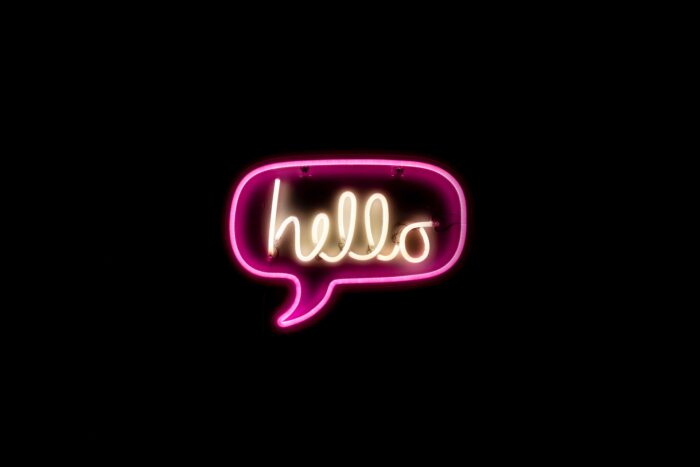Top tips for writing good introduction emails
by The Hand
If we had a penny for every time we received one of those ‘we’ve reviewed your website and can help’ emails, we’d all be rich. Those emails are destined for the desktop trash can. Even more infuriating is the follow up ‘I’ve been trying to call’ email that follows just one day later.

But reaching out to new business contacts via email doesn’t have to be like that. It’s not wrong and it’s not dirty, provided you take a careful and considered approach.
1. Keep it short and succinct
People are busy and don’t have time to wade through long-winded emails. Be clear about who you are, why you’re reaching out and how you can help. Aim to try and do this in 5-6 sentences or less if you can.
2. It’s as much about them as you
Make sure you’ve done your research and understand as much as you can about them as a business and the marketplace they operate in. Tailor the content to them and make sure it doesn’t feel like the same blanket email that you’ve sent to everyone else in that sector. Because you’ve done your homework, the email should feel personal, like one you would send to an existing contact.
3. Be clear about your offer/proposition
When it comes to talking about what your agency can offer, don’t be tempted to go off piste and give them chapter and verse of all the awards you’ve ever won. Keep it relevant. This is about showing that you understand specifically how you might help them and how you’ll provide value for them. Be sure to tell them what the agency does and if you’ve worked with some of their key competitors, then do mention this too. Dropping in a few key clients you’ve worked with in the past is a must.
4. Offer a clear next step
If you’ve peaked their interest, then they’ll want an idea about how the conversation might be carried on. You might offer a follow up call to talk in more detail. You could also acknowledge the fact they may not wish to carry on the conversation with you.
This could be the email that opens up a really important conversation with your next big client. So, make sure you put yourself in the reader’s shoes and draft something that you’d be receptive to.